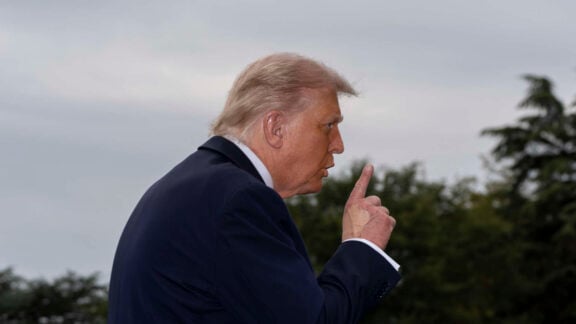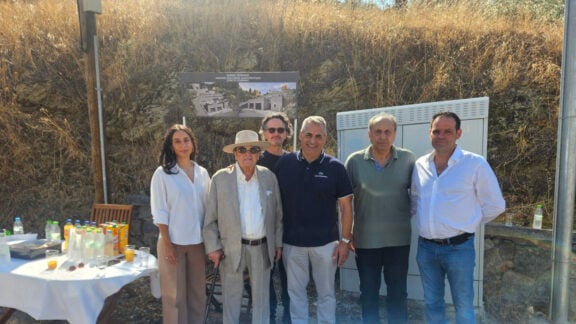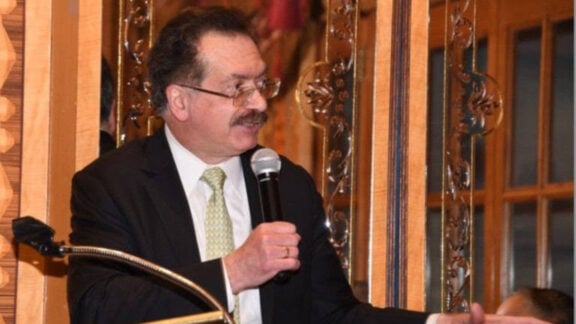Portuguese coach Fernando Santos must surely be in line for a sainthood in his homeland, after guiding the national football team to its greatest-ever triumph on the international stage in the 2016 European final at the Stade de France last Monday morning.
To the football-mad nation of just 10.5 million people, a nation described by central defender Pepe as a land of migrants, the win delivers finally on the promise shown by talented Portuguese teams of the past which often produced players of great quality. And Santos’ team did it by confounding the doubters and the critics.
How the individual players in this side compare with the Rui Costas and Luis Figos of the past is open for debate. But as coach Santos reminded his players at the start of this tournament, although they possess undoubted talent, they have to work harder and concentrate more than their opponents to win the tournament.
Few would argue that Portugal’s progress was helped by the 24-team format and the favourable draw. Finishing third without a win, Portugal only managed to progress out of the group stage by virtue of being one of the four best-performing third-placed teams. It was also drawn in the weaker half, thus avoiding teams such as Italy, Germany and Spain in the knockout games, drawing Croatia and Wales instead.
Its win against Wales was the only win over 90 minutes in its seven matches in the tournament. However, Santos was unapologetic for the pragmatic way the team played.
However, after the remarkable performance in the final where, apart from an opening attacking burst by the French, the Portuguese effectively nullified the threat of a powerful French attack, coach Santos described the transformation of his team from “ugly duckling” to “beautiful swan”.
Santos also reached for biblical language to describe his team’s astonishing win in the final. “We were innocent as doves, but also wise as serpents”, a reference to last minute instructions given by Jesus to his 12 apostles as they embarked on their difficult ministry in a hostile environment.
Portugal had to overcome France without its star apostle, Cristiano Ronaldo, whose early knee injury, sustained when France’s midfielder Payet clattered into him with a solid challenge, resulted in his early exit. It was testament to the team’s spirit that in Ronaldo’s absence others stood up. There were outstanding performers throughout the whole team, from keeper Paulicio to central defenders Pepe and Jose Fonte, to young full back Rafael, holding midfielder William Carvalho, to the unlikeliest star of them all, substitute striker Eder, who had the maximum impact when he came on, scoring a spectacular winner late in extra time to sink France.
In winning the final, Santos’ team proved how it had grown from a team built largely around its one genuine world-class talent, Ronaldo, at the start of the tournament, into a team which was much greater than the sum of its individual parts.
Some have argued that France threw away the final rather than Portugal winning it on its own merits. French coach Deschamps has been accused of not knowing his best 11 or what their best positions were, citing Pogba’s underwhelming contribution in the final.
But Santos shrewdly set up his side to effectively blanket the French attack. Playing with a 4-4-2 diamond formation in the middle, the Portuguese limited supply to forwards Giroud and Greizmann by keeping France’s creative midfield talents Pogba and Payet under wraps. Losing Ronaldo, if not a blessing in disguise, brought a determination to work even harder from his teammates.
And late in the match, Santos was able to make a telling structural change, withdrawing young midfield prodigy Renato Sanches and introducing traditional striker Eder, as the formation changed from 4-4-2 to 4-3-3. With the more physically imposing Eder playing up top of the attack, Nani and Quaresma could revert back to their more accustomed roles as wide attackers. History will judge it as a masterstroke, with Eder causing problems to the French central defenders and going on to score a spectacular match winner in the 109th minute after outmuscling his opponent.
Portugal as a football nation has long prided itself on producing technically gifted footballers, undoubtedly influenced by the constant flow of Brazilian and to a lesser extent African talent, for which Portugal is a first place of call as they seek to gain a foothold in the lucrative European Football markets. It combines natural talent with the strength and power of the European game. And Euro 2016 will long be celebrated and remembered as the tournament in which coach Fernando Santos was finally able to deliver on the promise shown by previous Portuguese sides.








